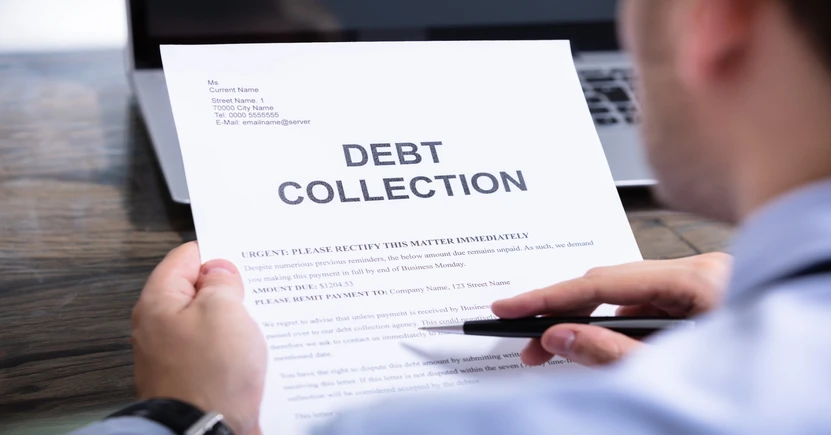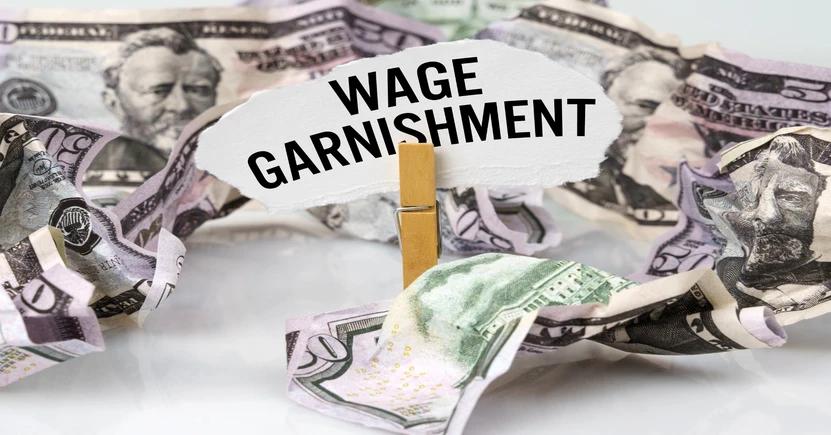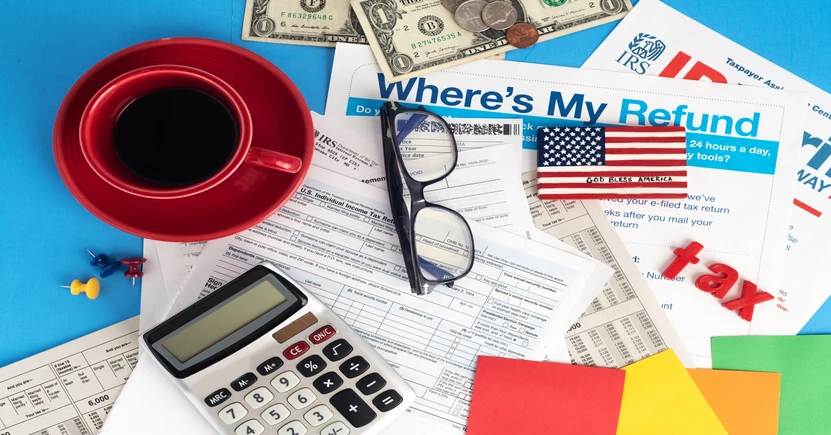
Ladies and germs, it’s that time of year again — and not a fun time of year like Christmas or Hanukkah or Halloween, where you can anticipate presents or, if you’re a masochist, pumpkin-spiced coffees.
No, we’re talking about tax season, which seems suspiciously timed to ruin any semblance of peace we might glean from the incoming spring.
As usual, your tax filings are due with the IRS on April 15, and Uncle Sam wants his share of your personal pie. It may not feel fair all the time, but that chunk of change goes toward building and maintaining the infrastructure we need to function as a society.
So, what happens if you don’t file? Spoiler alert: Nothing good. Here are some potential consequences.
You’ll Get Collection Notices

If you don’t file your taxes or pay the IRS money, the first thing they’ll do is send you letters. Ignore them, and by law, the IRS has to pass your case to a private collection agency.
The agency will start with a letter, then come the phone calls. Ideally, this nudges you toward a resolution. They won’t threaten you — there are laws to protect taxpayers — but if things escalate, a revenue officer might show up in person to collect.
Debt Doesn’t Go Away

You might try to ignore it, but the feds aren’t going to forget the money you owe them. It gets a lot worse — fast. Interest on unpaid taxes kicks in immediately at 7%, compounded daily, even if you file on time. Then there’s the failure-to-pay penalty — 0.5% per month, maxing out at 25%.
But wait, there’s more! Miss the filing deadline, and you’re hit with the failure-to-file penalty — 5% per month, also capping at 25%. And if you’re over 60 days late? The penalty is either $450 or your entire tax bill, whichever is less. Yikesaroo!
The Feds Might Start Taking Your Wages

As I said, Uncle Sam wants his money. And if you are making money, he’ll come after it. The federal government doesn’t just wait around for its money — it can straight-up take it. The IRS can slap a levy on your wages, and they get to decide how much of your paycheck they’re taking.
That means part of every paycheck goes straight to the IRS until you pay up, set up a deal, or they decide to let you off the hook. And if you were hoping a bonus might save you? Nope — the IRS can snatch the whole thing.
Say Goodbye to Traveling

You’ve probably noticed that this is increasing in levels of extremes. Well, buckle up (both literally and figuratively).
Ignore the IRS long enough, and they’ll rat you out to the State Department — kiss your passport goodbye.
If you don’t already have one, you’re not getting one after the IRS sends up the red flag. And if you’re overseas? The best they’ll give you is a one-way ticket back to the U.S. to sort out your tax mess.
Say Goodbye to Your Refund While You’re At It

This might seem counterintuitive, but a tax refund isn’t really a win — it just means you’ve been giving the government an interest-free loan all year. But if you’re owed one and don’t file, you’re not getting a dime.
You’ve got three years from the due date to claim it. No penalty if you weren’t required to file, but if you let that window close, your refund is gone for good.
Liens Could Be On the Way

A tax lien is the IRS cranking up the heat. If you owe $10,000 or more, the government can slap a legal claim on your property — real estate, personal assets, even financial accounts. And it doesn’t stop there. A federal lien can snowball into state and county liens, making your financial life even messier.
Worst part? Liens can go public. That means creditors, employers, and landlords all see that Uncle Sam has dibs on your stuff. Good luck getting a loan, a job, or even an apartment with that hanging over you. And even after you settle up, the IRS has up to 30 days to release the lien — making for a painfully long wait.
Jail Is a Possibility

Look, this is a worst-case scenario, but it’s possible. Wesley Snipes — if you haven’t seen the Blade films, Demolition Man or Dolemite is My Name, then I don’t think we can be friends — did time for tax evasion. Granted, that’s atypical, and it involves you actively committing the crime. It’s not the same as someone being unable to pay taxes.
But if you’re evading paying, charges could be leveled against you.
























